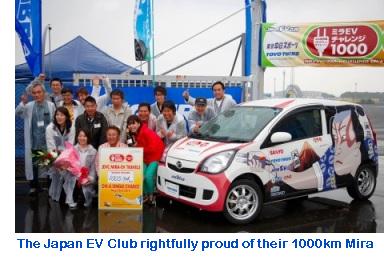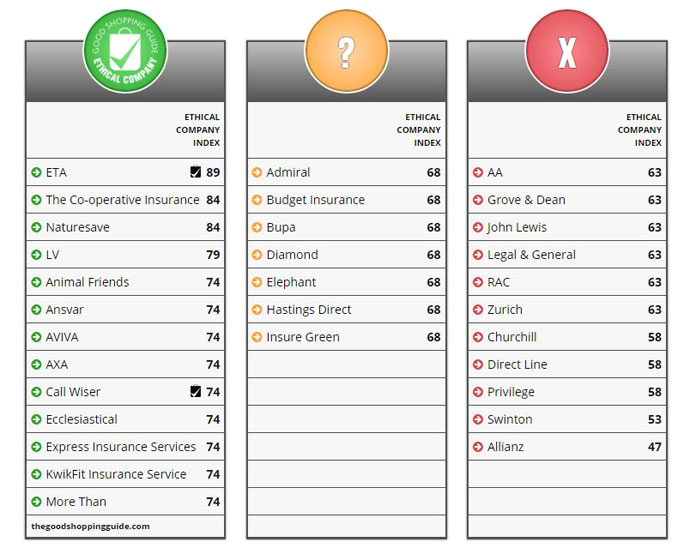
New supercapacitor technology developed by Surrey University promises to make electric cars quicker to recharge than conventional cars take to fill with petrol.
Supercapacitors can accept and deliver a charge much faster than batteries, and tolerate many more charge and discharge cycles than rechargeable batteries. These qualities plus their potential to be 10,000 times more powerful than existing battery alternatives mean supercapacitors offer electric vehicles the possibility of extremely quick recharging times.
At present, however, they remain too heavy to be practicable. Jim Heathcote, chief executive of Supercapacitor Materials Ltd, who worked alongside Surrey University, said: ‘At the moment, to charge a mobile phone within seconds, would need to have a supercapacitor 20 times heavier than a current phone battery.’
As well as addressing the range anxiety often cited by drivers when asked about electric cars, the new technology could revolutionise long-haul travel by making possible electric passenger aircraft.
 The latest Tesla electric car can manage over 300 miles before it needs a full re-charge, which takes as little as 45 minutes. But even though few of us drive even one tenth of that distance each, there remains an preoccupation with range anxiety. Electric vehicles have driven further on a single charge, but a production model that can match the autonomy of a diesel car remains a few years away.
The latest Tesla electric car can manage over 300 miles before it needs a full re-charge, which takes as little as 45 minutes. But even though few of us drive even one tenth of that distance each, there remains an preoccupation with range anxiety. Electric vehicles have driven further on a single charge, but a production model that can match the autonomy of a diesel car remains a few years away.
A one-of-a-kind electric car powered by 8,320 laptop batteries pushed endurance records when it managed 1000 km on a single charge.
The Japan Electric Vehicle Club took a stock Daihatsu Mira and replaced its petrol engine with an electric motor powered by Sanyo lithium-ion batteries of the kind normally found in laptop computers.
The record-breaking drive took almost 28 hours at an average speed of around 40 km/h. A team of 17 people took turns behind the wheel. The Mira EV may have a highly-desirable range, but it is not available to buy. Quite apart form anything else, building an electric car powered by laptop batteries is horrendously expensive. If each of the Mira EV batteries costs £30, then the power pack alone is worth almost £250,000.
However irrational it is for most drivers, range anxiety will dissuade buyers until rapid recharging facilities – or a new generation of supercapacitors – are commonplace.
Ethical insurance
The ETA has been voted the most ethical insurance company in Britain for the second year running by the Good Shopping Guide.
Beating household-name insurance companies such as John Lewis and the Co-op, we are proud to have earned an ethical company index score of 89.
The ETA was established in 1990 as an ethical provider of green, reliable travel services. Twenty six years on, we continue to offer cycle insurance, travel insurance and breakdown cover while putting concern for the environment at the heart of all we do.

0 Comments View now